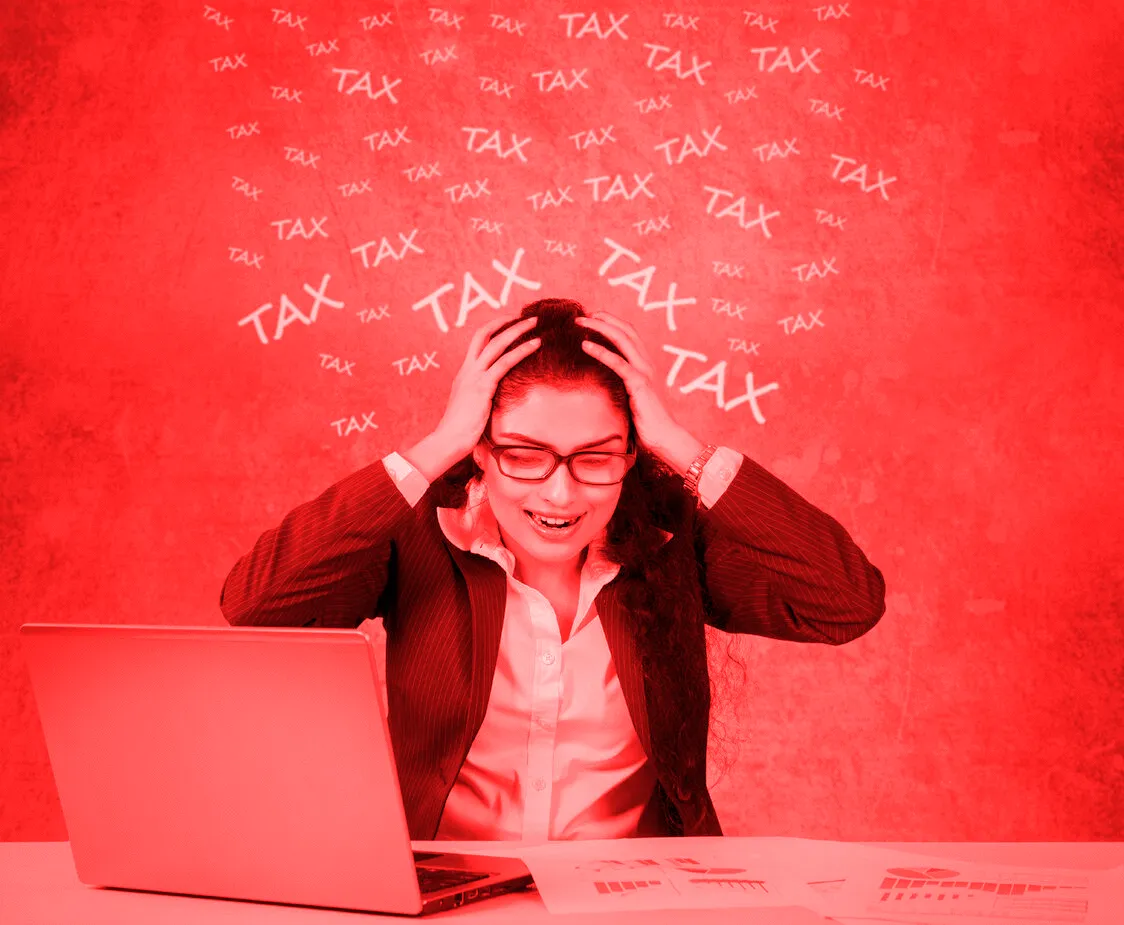Table of Contents
So here we go again. University of Auckland Taxation Law Professor Craig Elliffe says we need a capital gains tax… just as the final touches are being put to the 2023 Budget.
Are we being softened up?
Actually, I do think we need a capital gains tax in some form, but it has to be a fair system. The one proposed by the late Michael Cullen was anything but fair. It meant that a hairdresser who had just sold her small business for $30,000 would pay the tax, but a householder in Remuera, having moved back into the family home a mere six months earlier and now just sold it for a profit of $2 million, would not pay a brass razoo. To add insult to injury, Cullen exempted the sale of art from the tax…and he was well-known as an art collector himself.
Just a tiny bit of self-interest there, perhaps?
I think we should have a CGT. But first of all, there should be thresholds. Why don’t we set the lower limit at $250,000? Business sales should not be taxed if the capital gain is less than $250,000. Housing is already covered by the Bright Line Test, but for properties owned for more than ten years, maybe the gain should be taxed at over $250,000. And by this, I mean the tax only kicks in at $250,001, so that the first quarter of a million gain is tax-free.
Better still, we could abolish the Bright Line Test and include all property sales, other than the family home, in the CGT.
Sounds fair? It means that people with small gains will not be affected, and it will significantly reduce the administration involved in collecting the tax. It also means the little guy isn’t taxed into oblivion while wealthy homeowners are getting off scot-free… which would have happened under Cullen’s formula.
All forms of capital gains should be taxed, including collectibles, holiday homes and investments. What about shares? I propose that, if an investor sells one bundle of shares but immediately puts the funds into a different stock, then the transaction is zero rated. Gains should only be taxed if the funds are removed from the market. And again, the $250,000 threshold should apply. The extremely unfair tax on overseas assets (FDR) should be abolished, and all capital gains, whether from New Zealand or overseas, should be taxed in the same way.
Capital gains should be taxed at a flat rate. This was another area where Cullen got it completely wrong. He said that CGT should be applied at a taxpayer’s marginal rate, knowing full well that most people with a capital gain in any given year will be pushed into a higher tax bracket by the gain itself. I suggest 20%. It is a fair chunk of the gain going to the government, but a big improvement on the 33% or 39% that many people would have found themselves paying under Cullen.
The question of CGT is going to come up again and again until eventually, it is implemented, and it is unlikely to be done by a National-led government. But, with the Greens wanting to tax unrealised profits by way of a wealth tax, it is hard to trust these people to get it right. Even Cullen, a former Minister of Finance, could not be trusted to apply the tax fairly. Take all the politicians out of it, appoint a board with IRD managers and tax academics, and let the games begin. If we are going to do this – and we will, at some point – let’s do it fairly and properly.
New Zealand has a generally simple tax system, and any CGT introduced should follow the same lines. The elephant in the room has to be the family home. No government without a death wish is going to suggest a CGT on the family home, yet that is where the bulk of capital gains are made. So expect the revenue flows from CGT to be relatively modest.
One other thing. Taxes must not be applied retrospectively. This means that all assets need to be revalued on the date of the introduction of the tax, giving each potential taxpayer a starting point. From there, the tax is calculated on gains. When this was done in Australia, it took about fifteen years before much revenue was gained from CGT. I would expect a similar outcome here.
All in all, introducing a capital gains tax will not be the magic bullet to fix the housing market, as so many people seem to think. Most people – particularly those who don’t own a home, simply do not realise that the profit on the family home will not be taxed. Ever. Still, I think we should go there. It is inevitable that one day, the tax will be implemented. Let’s just get it over with now.









